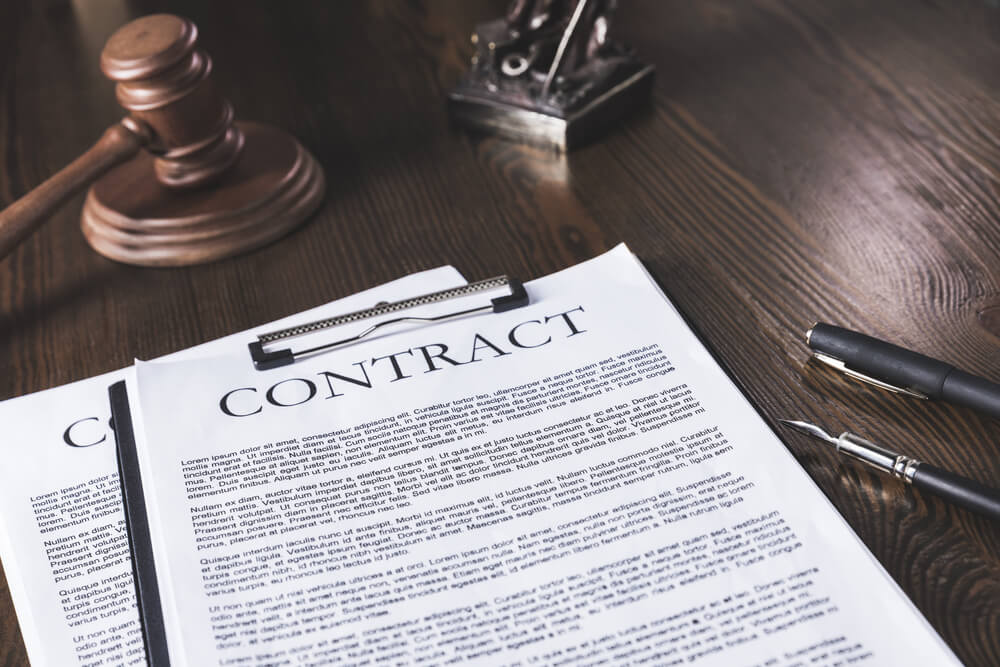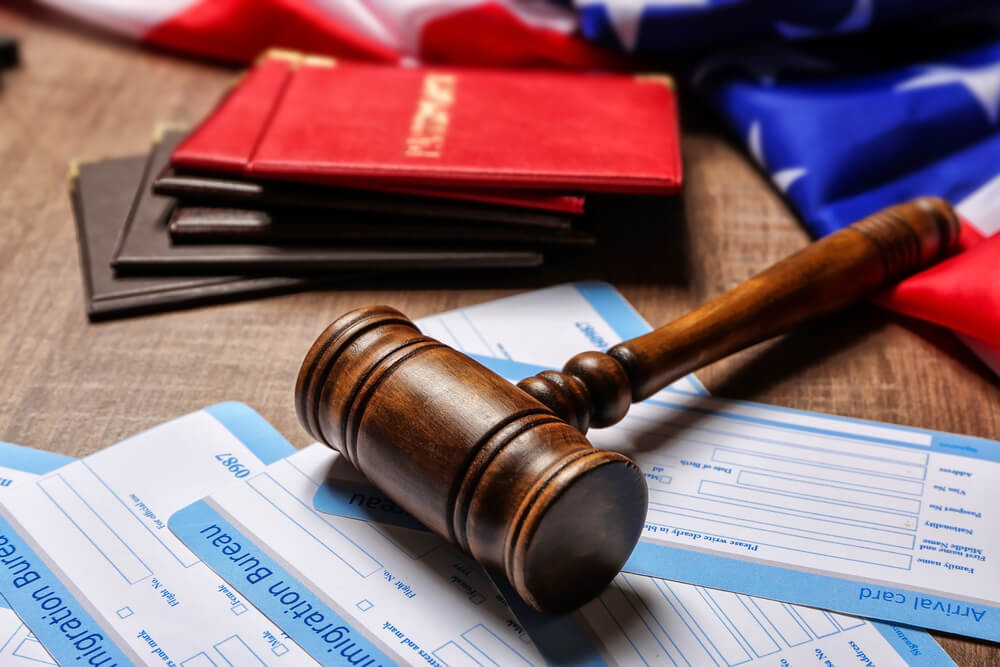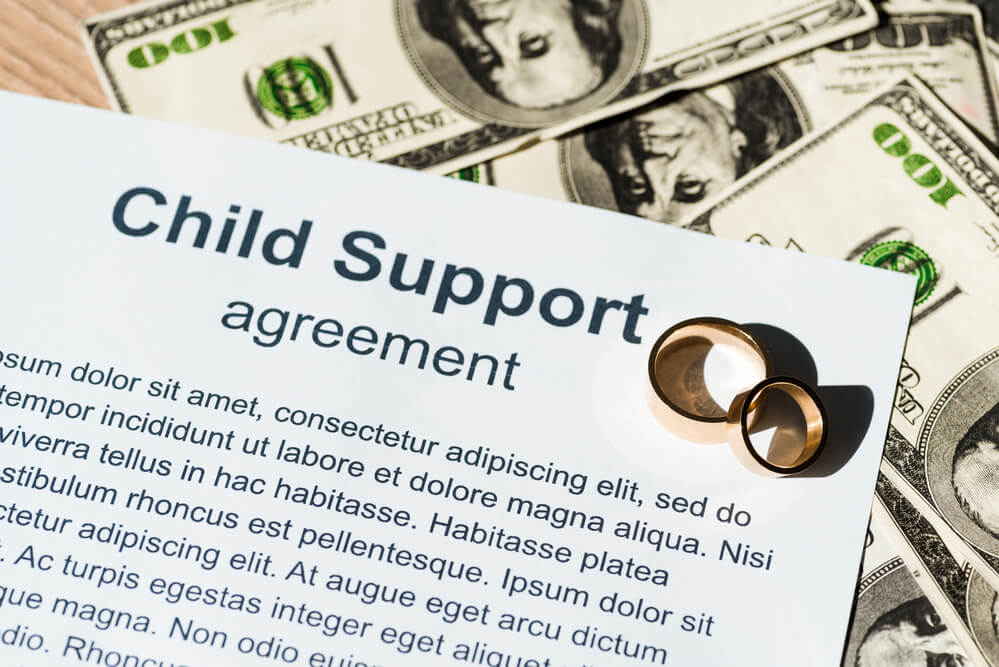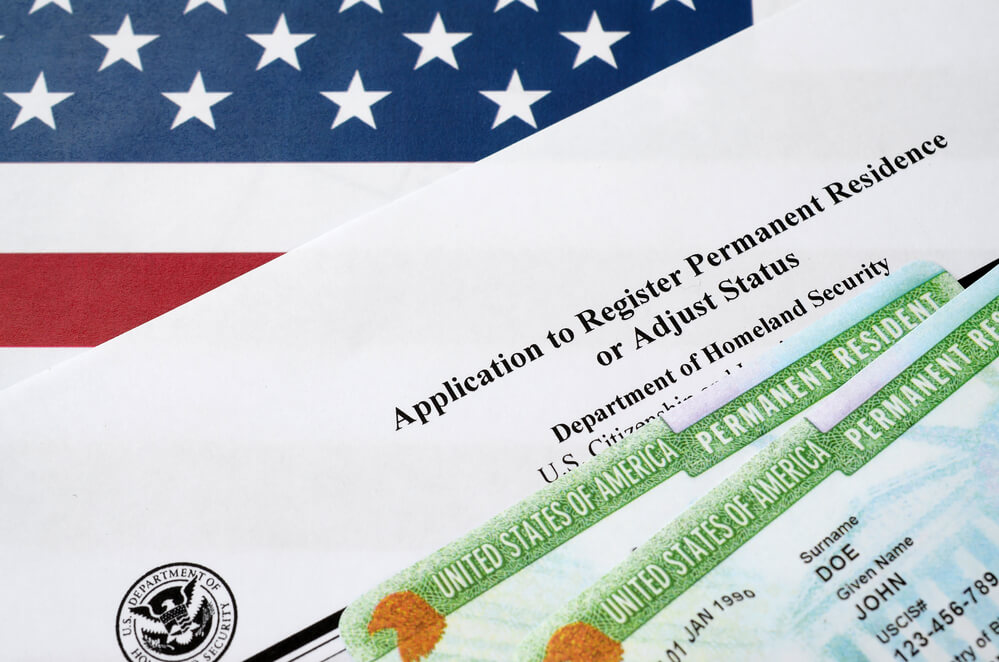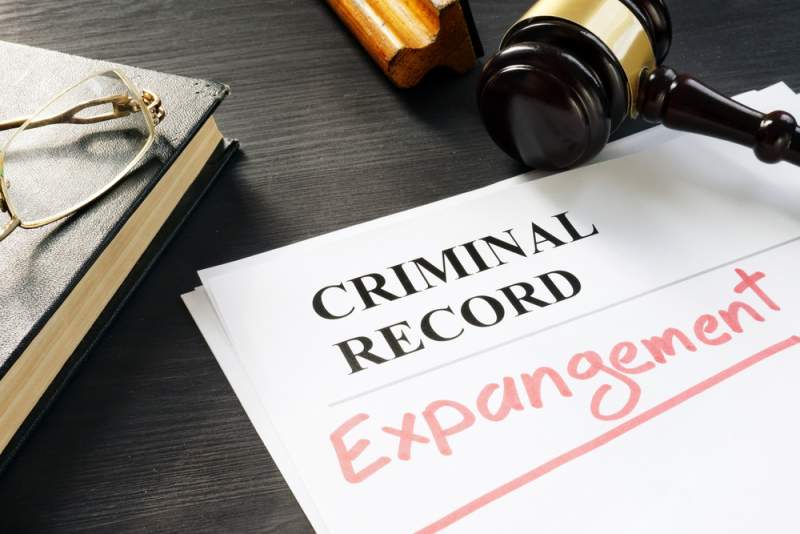Contents
- 1 Becoming a Lawyer in Florida: A Guide
Becoming a Lawyer in Florida: A Guide
Are you interested in becoming a lawyer in the state of Florida? It’s a long process to become one, but the rewards are worth it! Here’s a step-by-step guide to becoming a successful lawyer.
Florida is home to some of the top-tier law schools in the country, making it a great state for aspiring lawyers. Furthermore, the Florida Occupational Employment Statistics suggest that there are plenty of opportunities for lawyers in the state. In 2021, an estimated 48,00 lawyers were employed in Florida, earning an average hourly wage of $64.79 and an annual mean wage of $128,757.
Preparing to Become a Lawyer in Florida
The path to becoming a lawyer in Florida begins with enrolling in an American Bar Association-accredited law school in the state. The University of Florida Levin College of Law, University of Miami, Stetson University, and Florida State University are all well-regarded schools with highly competitive admissions processes. Prospective lawyers should also consider taking the Law School Admission Test (LSAT) during or shortly after their undergraduate studies.
Step One: Get a Bachelor’s Degree
If you want to earn your law degree, you must have already earned a 4-year bachelor’s degree from an accredited university or college. The degree does not necessarily need to be in a legal field; any degree will do. However, having a background in business, economics, criminal justice, political science, or any other related field may be beneficial.
Take the LSAT Exam
If you’re interested in attending an ABA-accredited law school, then you’ll need to pass the LSAT – the Law School Admission Test. This comprehensive test is offered several times a year and spans half a day, allowing you to demonstrate your aptitude for the legal field.
The next step in your journey is to take the Law School Admission Test (LSAT). This is an intense test that requires a lot of preparation and studying. You must score high on this exam in order to gain admission into a law school.
To make sure that you’re adequately prepared for the LSAT, taking advantage of the resources provided by the LSAC (Law School Admission Council) is a great place to start. Their materials can give you helpful guidance on what to expect and what studying tactics work best. To further reinforce the knowledge and skills you’ve gained, signing up for an LSAT preparation course or seminar in your area is also a smart move. Not only will you have access to experienced instructors, but most classes include mock tests so you can practice taking the real thing. And who knows? You may even develop some friendships with fellow students who share the same goal as you.
Attend a Florida Law School
Once you pass the LSAT, it’s time to attend law school. You are one step closer to achieving your goal of becoming a successful lawyer. Now, you need to take the next step and apply to ABA-approved law schools. Remember, you must attend an ABA-approved law school to become licensed to practice in Florida, so use the Credential Assembly Service provided by the LSAC – it’s the best way to begin your applications. Get started today and don’t let this amazing opportunity pass you by.
Before you can practice law in the state of Florida, it’s important to understand the educational options available. Earning a Juris Doctor (J.D.) or Bachelor of Laws (L.L.B.) degree is the first step to becoming a member of the Florida State Bar. Plus, as an added benefit, many ABA-approved schools in Florida offer unique degree programs and certificates that may give you an edge in your legal career. No matter what route you take towards becoming a lawyer in the Sunshine State, make sure you have the right qualifications for success.
Law school requires at least three years of study, during which you will learn about constitutional law, trial procedures, contract law, torts, and more. You will also receive hands-on training in mock trials and research papers – all critical to helping you succeed as a lawyer.
Florida Law Degree Programs
- L.L.M. in U.S. Law – University of Florida Levin College of Law
- Environmental & Natural Resources Law Certificate– Florida International University College of Law
- S.J. D. (Doctor of Judicial Science) Program in Taxation– University of Florida Levin College of Law
- Honors Certificate Program in Environmental Law– Barry University Dwayne O. Andreas School of Law
- J.D./M.I.B. (Master of International Business) – Florida International University College of Law
- L.L.M. in International Taxation- the University of Florida Levin College of Law
- J.D./M.A.L.A.C.S. (Dual Degree- J.D. and Masters of Latin American & Caribbean Studies)-Florida International University College of Law
- J.D./Master of Social Work dual degree program – Florida International University College of Law
- J.D/Master of Business Administration Dual Degree Program – Florida Coastal School of Law
Passing the Florida Bar Exam
If you have received your J.D. degree, you are now eligible to apply for the Florida General Bar Exam. Alternatively, if you are still enrolled in law school but will receive your degree prior to taking the exam, you may also apply.
Completing law school is just the beginning. Once you’ve graduated, you’ll need to pass the bar exam if you want to practice law in Florida. The exam is divided into two parts – the Multistate Performance Test and the Multistate Bar Exam. Both exams test your understanding of the law in multiple areas and ensure that you’re qualified to become a lawyer.
In order to be considered for this exam, you must either:
- prove that you have been practicing law in another state or US territory/possession for at least ten years and have been in good standing in that jurisdiction’s bar.
- demonstrate your experience and expertise, you must provide a representative work product that showcases your previous accomplishments. This includes examples of your quality of work such as pleadings, briefs, legal memoranda, contracts, or other working papers from the last ten years of your legal practice. By presenting proof of your skill, knowledge, and long-term commitment to the field of law, you can show that you are prepared and deserving of the opportunity to sit for the Florida General Bar Exam.
Become Licensed to Practice Law
Once you successfully pass the exam, you must apply for a license to practice law in the state of Florida. This application process involves submitting fingerprints and official transcripts from your law school as well as providing proof that you have completed any applicable ethics classes required by the state bar.
The final step of becoming a lawyer is to obtain a license from the Florida State Bar Association. After submitting your application for licensure along with proof of passing the bar exam, you will officially have become a lawyer in Florida.
Congratulations on your admission to the prestigious Florida Bar! As a newly-qualified attorney, you have opened up a world of possibilities for yourself. With the help of the Florida Lawyers Assistance Service, you can start to build a successful career in law that will be tailored to your individual needs and goals.
Alternatively, if you feel drawn to an established legal firm, then you’ll find plenty of options here in Florida. Are you impressed by Greenberg Traurig‘s business acumen in Miami? Do you want to focus on injuries and accidents like Garnes Injury Law in Pembroke Pines? Do Holland & Knight‘s cutting-edge legal strategies fascinate you? Perhaps Akerman LLP or Wilson Elser’s impressive reputations call out to you. Or maybe the expertise at the Law Offices of Daniel C. Consuegra, P.C. is what you seek.
Florida Legal Specialty Certifications
When the stakes are high, it’s comforting to know that Florida lawyers have the opportunity to demonstrate their expertise in a particular field. Through specialized certifications, these lawyers can showcase their commitment to excellence and dedication to their clients.
Becoming board-certified is no simple feat; it requires years of practice as well as a passion for the chosen specialty. Out of almost 4,500 members of the bar, 7 percent have gone above and beyond to become certified in one of 24 distinct specialties. These areas of law range from appellate practices to elder law, giving clients access to knowledgeable counsel when they need it most.
For many Florida residents, knowing that their lawyer has taken extra steps to ensure their skill helps them feel more secure and comfortable as they navigate the legal process. Taking the time to pursue certification speaks volumes about a lawyer’s commitment to their craft and dedication to providing exceptional service – something all Florida clients can appreciate.
- International law
- Appellate Practice
- Civil trial
- Aviation law
- Tax law
- Antitrust & trade regulation law
- Intellectual property law
- Criminal appellate
- Labor & employment law
- Education Law
- City, county & local government law
- Adoption law
- State & federal government & administrative practice
- Workers’ compensation
- Immigration & nationality
- Construction law
- Business Litigation
- Marital & family law
- Real estate
- Criminal trial
- Health law
- Elder law
- Admiralty & Maritime law
- Wills, trusts & estates
Whichever path you ultimately choose, may the Florida Bar serve as a stepping stone to success in your new career.
Becoming a lawyer can be a difficult task, but with hard work and dedication, you can turn your dream into reality. Follow the steps above and stay focused on the goal – you can make it happen!
Florida Court Systems
In the state of Florida, citizens are served by a comprehensive court system that is designed to provide justice for all. The Florida State Court System is a complex network of county, circuit, district, and supreme courts. All of these courts serve a vital role in providing justice to Floridians in criminal and civil matters. Here is an overview of the jurisdiction and functions of each court.
County Courts: Courts of Limited Jurisdiction
County Courts are of limited jurisdiction – they primarily handle misdemeanors, certain small claims cases, traffic violations, and civil cases under $15,000. These courts can provide justice quickly and affordably for minor offenses.
Circuit Courts: Courts of General Jurisdiction
Florida has 20 Circuit Courts that can hear more serious felonies, appeals from County Court decisions, family law cases, probate/guardianship/mental health issues, juvenile delinquency and dependency matters, as well as any civil case over $15,000.
District Courts of Appeal: Intermediate Appellate Courts
The District Courts of Appeal are Florida’s intermediate appellate courts. They hear matters not directly appealable to the Supreme Court, located in Daytona Beach, Lakeland, Tallahassee, Tampa, and West Palm Beach.
Supreme Court: Court of Last Resort
The Supreme Court is the highest court in Florida. It hears constitutional questions, capital cases, bond violations, public utility cases, and any other cases that have a statewide impact. The Supreme Court is located in Tallahassee and its decisions are final.
Each of these courts plays a crucial role in providing justice to Floridians in different matters.
Conclusion
Becoming a lawyer in Florida can be an arduous process, but with the right preparation and dedication, you can reach your goal. With four top-tier law schools located in the state, employment opportunities aplenty, and a favorable passage rate on the bar exam, Florida is an excellent place to pursue your legal career.

